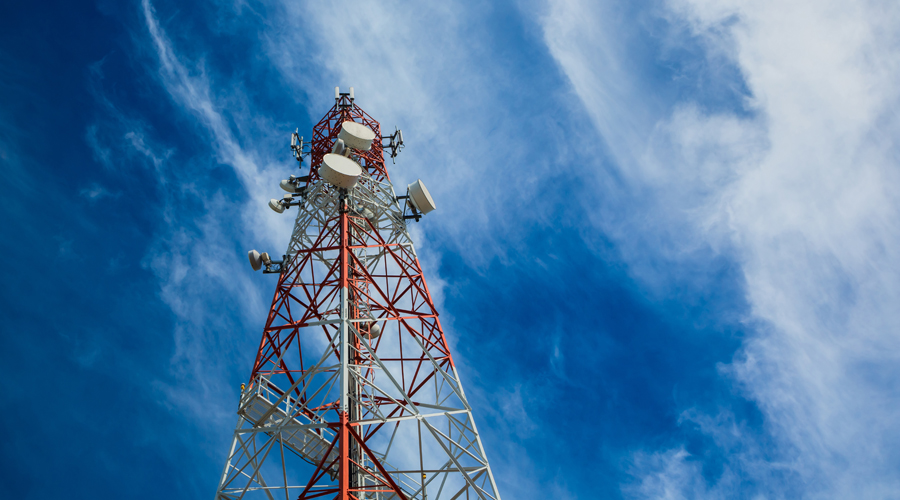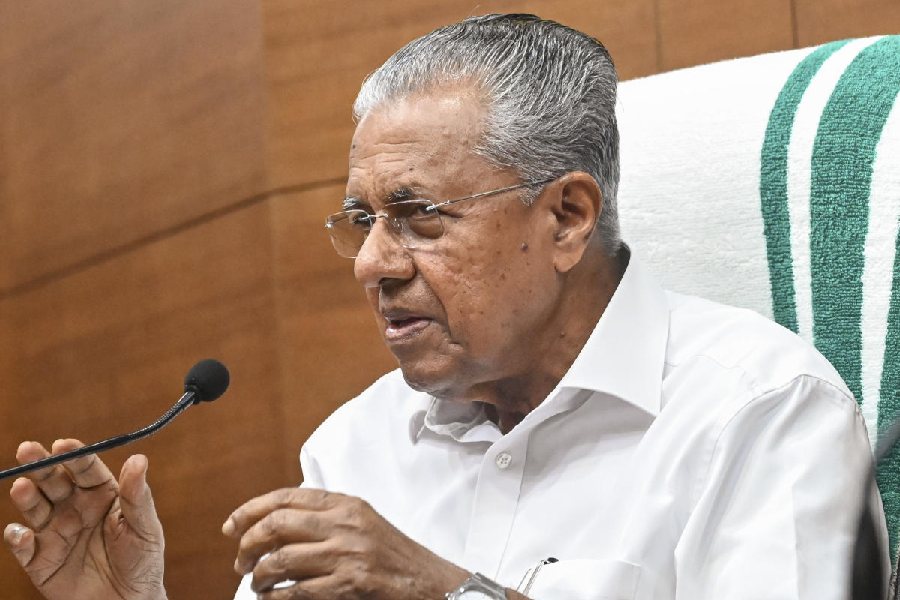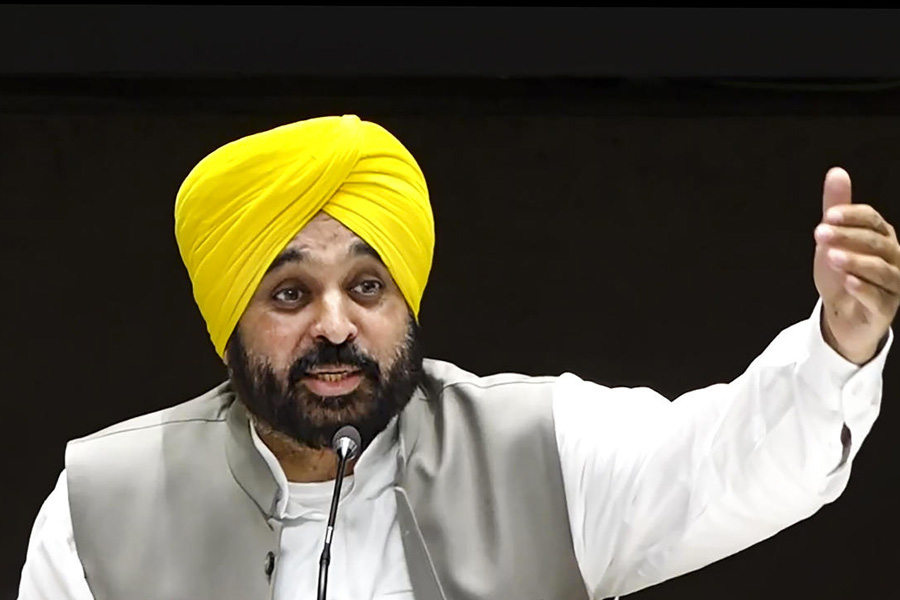Reliance Jio may have cornered 75 per cent of all the spectrum sold in the low-key auction this week but Bharti Airtel still remains the market leader with a spectrum share of 29.5 per cent against Jio’s 25 per cent.
Airtel has focused its attention on the B circles — Kerala, Punjab, Haryana, UP West and East, Rajasthan, MP and Bengal. Airtel is looking to beef up its market share of 28 per cent in the B-circles where it trails Jio.
Airtel said in a statement that it acquired 355.45Mhz spectrum across sub-Ghz, mid band and 2300MHz bands, giving it “most formidable” spectrum holding in the country. All of the spectrum will enable Airtel to deliver 5G services in the future, it added.
A Goldman Sachs report said Jio and Airtel would grow at the cost of Vodafone Idea Limited. Other brokerages — Jefferies and Emkay — said the bids indicate the two telecom players were looking to consolidate their base and, therefore, likely to delay tariff hikes which they believe is critical to sustain profitability.
Jio may prioritise selling excess capacity created by its spectrum purchase while Bharti’s approach has been to acquire spectrum in its weaker markets — moves that “do not bode well for the tariff environment”. Bharti is clearly looking to focus on market share gains, the report added.
Sweta Patodia, analyst, corporate finance group, Moody’s Investors Service, said, “Indian telcos’ spectrum acquisition can be accommodated in their current ratings, particularly amid the stabilising competitive environment. Some have recently raised funds while others have large cash holdings to support the acquisitions. The spectrum renewals will help incumbents protect their market positions while additional bandwidth purchases will drive improved network coverage.”
Analysts at Axis Capital said that the cash outgo will be keenly watched given the high debt level of the incumbents and continued delay in tariff hike. “This could lead to funding gap concern for Vodafone Idea given continued delay in raising funds, high debt level, and renewed pricing aggression in some segments.”
Nitesh Jain, director, Crisil Ratings, said the purchase of spectrum will further stretch the gearing of the telecom sector. Average debt to earnings before interest, depreciation and taxation and amortisation (Ebidta) will increase to 5.4 times from the previous estimate of 4.4 times.
Telcos bid for 37 per cent of the 2,309 MHz spectrum put on sale by the government. The 2,300 MHz band was the most preferred among bidders. Despite a sharp 43% reduction in the reserve price for 700 MHz band (considered to be the most efficient spectrum band) compared with the previous auction, reserve prices were high overall, which led to the spectrum being unsold across circles for the second straight auction. While the overall premium (over reserve price) has come down to below 5 per cent, for the 900 MHz band, it was much higher at 30 per cent as the reserve prices were reduced by 65 per cent from the previous auction.
He said the purchase of spectrum will further stretch the gearing of the telecom sector. Average debt to Ebitda ratio would increase to 5.4 times as on March 31, 2021, from CRISIL’s previous estimate of 4.4 times. “A higher leverage may, therefore, catalyse tariff hikes. It could necessitate a 25-30% increase in tariffs for a sustainable return on capital employed (RoCE) of 8-10% and for the debt to Ebitda ratio to correct to 3.5-4 times by the end of next fiscal,” Jain added.











